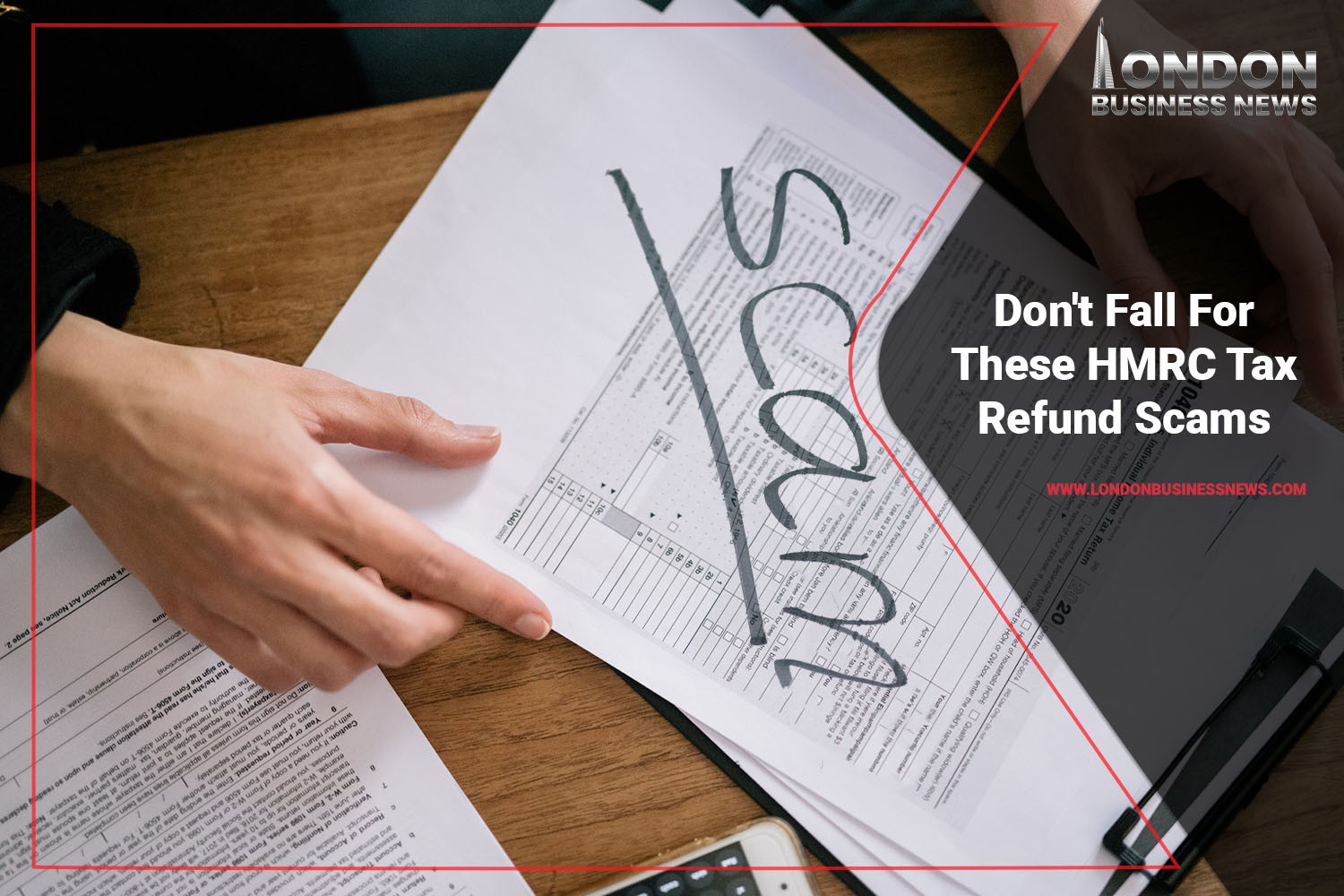HMRC's New Approach: Nudge Letters For EBay, Vinted, And Depop Users

Table of Contents
Understanding HMRC's Nudge Letter Campaign
HMRC's nudge letter campaign aims to increase tax collection from individuals selling goods online. Instead of immediate penalties, the "nudge" approach uses gentle reminders to encourage voluntary tax compliance. This strategy targets individuals who regularly sell goods on platforms such as eBay, Vinted, and Depop, particularly those who may be unaware of their tax obligations or who are under-reporting their income.
- Increased scrutiny on online selling activity: HMRC is actively monitoring sales data from various online marketplaces.
- Focus on sellers who may be unaware of their tax obligations: The campaign aims to educate sellers about their responsibilities.
- Aim to encourage voluntary tax compliance: HMRC hopes to improve compliance before resorting to more forceful methods. This proactive approach aims to simplify the process for both the seller and HMRC. This is a shift from previous strategies that focused on immediate enforcement.
What Information is HMRC Targeting?
HMRC is accessing transaction history directly from online marketplaces. This data provides insights into the frequency and value of sales. Even small-scale selling can trigger tax obligations if your profits exceed certain thresholds. This includes profit from sales, minus any allowable expenses. Understanding these thresholds is crucial.
- Sales records and transaction details: HMRC scrutinizes the details of each sale, including the date, amount, and buyer information.
- Frequency of sales and total income earned: Regular sales, even of low-value items, can accumulate to taxable income.
- Expenses claimed against profits (relevant documentation needed): It's vital to keep accurate records of all business-related expenses to reduce your taxable profit. Proper documentation will be required to support any expense claims.
How to Respond to an HMRC Nudge Letter
Receiving an HMRC nudge letter should be taken seriously. Ignoring it will only escalate the situation. Responding promptly and providing the necessary information is crucial.
-
Importance of timely response: Respond within the timeframe specified in the letter. Delays can lead to penalties.
-
Gathering necessary information: Collect all relevant sales records, expense receipts, and bank statements. Be prepared to demonstrate your income and expenses clearly.
-
Understanding your tax obligations: Calculate your profits accurately, deducting allowable expenses. Familiarize yourself with the relevant tax rates and thresholds.
-
Seeking professional advice (if needed): If you're uncertain about your tax obligations, consider consulting a tax advisor or accountant specializing in online selling. They can help you navigate the complexities of HMRC regulations and ensure accurate reporting.
-
Keep accurate records of all sales and expenses: Maintaining meticulous records is essential for demonstrating compliance.
-
Respond to the letter within the specified timeframe: Prompt action demonstrates cooperation and helps avoid further complications.
-
Understand your self-assessment responsibilities: Familiarize yourself with the self-assessment process and deadlines.
-
Consider professional help if you're unsure: Seeking advice can prevent costly mistakes and ensure compliance.
Avoiding Penalties Related to HMRC Nudge Letters
Non-compliance with HMRC's requirements can result in significant penalties and interest charges. Proactive tax planning is crucial to avoid these issues.
-
The consequences of non-compliance: Penalties can be substantial, and interest charges will accrue on any unpaid tax.
-
Proactive tax planning: Implement systems to accurately track income and expenses from the outset of your online selling activity. This will simplify the process significantly if you receive an HMRC nudge letter.
-
Regular self-assessment: File your tax returns accurately and on time to avoid late filing penalties. Using accounting software can aid in accurate record-keeping and self-assessment.
-
Keep meticulous records from the start: This proactive approach makes compliance significantly easier.
-
File your self-assessment tax return correctly: Accurate and timely filing is key to avoiding penalties.
-
Seek advice to ensure compliance: Professional guidance is invaluable in understanding complex tax regulations.
-
Understand the tax implications of online selling: Don't underestimate your tax responsibilities, even if your sales seem small.
Conclusion
HMRC's new nudge letter campaign signifies a more proactive approach to tax compliance for online sellers. Understanding your obligations and responding promptly to any correspondence is essential to avoid penalties. By accurately recording your sales and expenses, and proactively managing your tax affairs, you can ensure compliance. Don't ignore those HMRC nudge letters – take action to understand your responsibilities and avoid future issues. Learn more about your responsibilities regarding HMRC nudge letters and online selling tax today!

Featured Posts
-
 Flavio Cobolli A Breakthrough Win In Bucharest
May 20, 2025
Flavio Cobolli A Breakthrough Win In Bucharest
May 20, 2025 -
 Will Mass Layoffs Lead To Cancellation Of Popular Abc News Show
May 20, 2025
Will Mass Layoffs Lead To Cancellation Of Popular Abc News Show
May 20, 2025 -
 Rtl Groups Streaming Business Progress Towards Profitability
May 20, 2025
Rtl Groups Streaming Business Progress Towards Profitability
May 20, 2025 -
 Dusan Tadic In Kariyer Yolculugu Tarihe Damga Vuracak Basarilar
May 20, 2025
Dusan Tadic In Kariyer Yolculugu Tarihe Damga Vuracak Basarilar
May 20, 2025 -
 Could You Be Due An Hmrc Refund A Payslip Check Could Reveal Thousands
May 20, 2025
Could You Be Due An Hmrc Refund A Payslip Check Could Reveal Thousands
May 20, 2025
